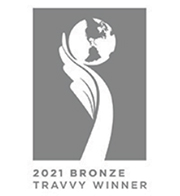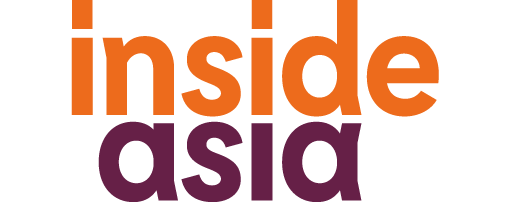Latest News
Wednesday, 24th April 2013
In General Japan News,
Debate continues over Japan's restrictions on fertility treatment
The decision to review public funding for women receiving fertility treatment In Japan who are over the age of 39 is causing discontent among the population.
Discussions about introducing an age limit for the funding arose following a report by the Health, Labour and Welfare Ministry, which revealed that there are added complications and a lower success rate the older a patient is.
The report made use of data on fertility treatment from 2007 to 2010 which showed that the number of women receiving therapy who fell pregnant fell to eight per cent in those aged 40.
This dropped to just one per cent for women aged 44. The decline is significant when compared with success rates of pregnancy in younger women. The statistics revealed that those aged 32 or younger who received fertility treatment had a 20 per cent success rate.
Yomiuri Shimbun staff writers Kumiko Nakajima and Akihiko Kano cited an unnamed 40-year-old woman who suggested that one rule cannot apply to all.
"Things can be very different even among women of the same age," she said.
The Wall Street Journal recently reported that Japanese women are looking abroad for fertility treatment as restrictions on egg donation and a ban on surrogacy are limiting their options.
According to the publication, the US is proving to be the most popular destination for couples in search of fertility treatment that they would be unable to get in their homeland.
This in turn has created an increased demand for Asian egg donors as the journal reports that couples from Japan want their children to look similar to themselves.
In January, a 50-year-old female politician ignited the debate about fertility treatment in Japan when she gave birth to a baby boy.
Seiko Noda, who is an advocate of reproduction rights, used eggs from an American donor to become pregnant via in vitro fertilization, something she would have been unable to do in her native country.
 Australia
Australia
 USA
USA
 Inside Japan UK office
Inside Japan UK office Inside Japan US office
Inside Japan US office Inside Japan Australia office
Inside Japan Australia office Inside Japan - Japan office
Inside Japan - Japan office



























